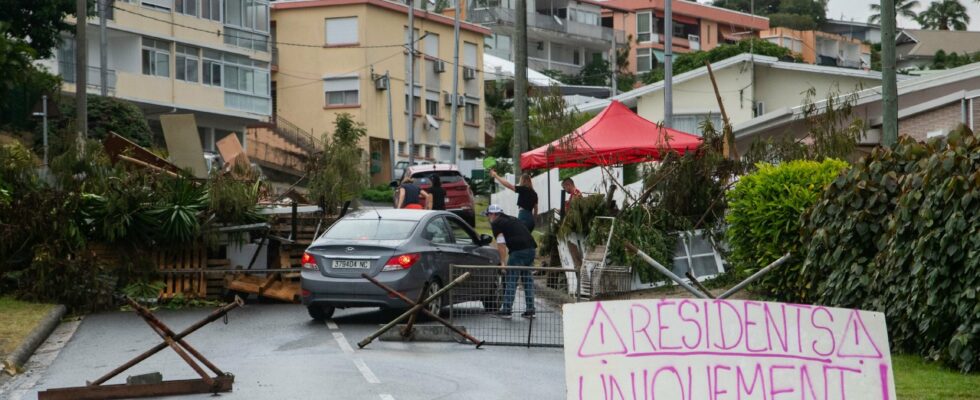It’s a ticking clock that has been ringing out for several months in New Caledonia. That of a catastrophe that many actors sensed, confusedly, without necessarily predicting its contours. Weakened by the economic crisis which is hitting the heart of its economy, nickel, its political landscape burdened by the struggles between separatists and loyalists, the situation in Le Caillou has rarely been so flammable.
The spark came from a subject pushed by the State: that of the thaw of the electoral body which, since 1998, has prevented some of the recent arrivals there from voting in provincial elections. The bill, welcomed with joy by non-independence supporters, is seen as a forceful passage by the opposite camp. In this debate, two heterogeneous blocs weigh each other up, increasingly irreconcilable. The examination of the text in the National Assembly on May 13 was enough to trigger a surge of violence.
Make peace
Houses and businesses burned, hundreds injured, at least six dead. Greater Nouméa is crossed by scenes of desolation which echo the “events” which shook it from 1984 to 1988. A feeling of immense waste is overcome by the images of a devastated city. That, in particular, of the loss of a certain listening ability. Negotiation know-how. The one which made it possible, in 1988, to sign the Matignon agreements. In a short work published after his death, Make peacetheir architect, the former Prime Minister Michel Rocard, returned in detail to his method: “Peace is negotiation, it is the courage to give in on certain points in the name of a more essential objective, the courage to transform the enemy into an interlocutor.”
It is always easy to judge predictable events when they have already happened. One thing is certain: since the no in the last self-determination referendum of 2021, the dialogue has waned between the loyalists and the separatists and the State, each “camp” remaining stuck to its position. So how can we restore trust? More and more voices are being raised to demand a postponement of constitutional reform. In a letter sent on May 15 to New Caledonian representatives, the president nevertheless wrote that, without agreement between local political forces, it would take place at the end of June. Faced with the urgency of the situation, the Head of State, however, decided to get personally involved in the matter, going there on May 22 to set up “a mission” to facilitate dialogue. Those who inherit it will have to deal with two polar opposites: the firmness displayed so far and the need for compromise. To succeed, they will have to take the time, listen to everyone, calm things down. He will probably have to (re) read Rocard.
